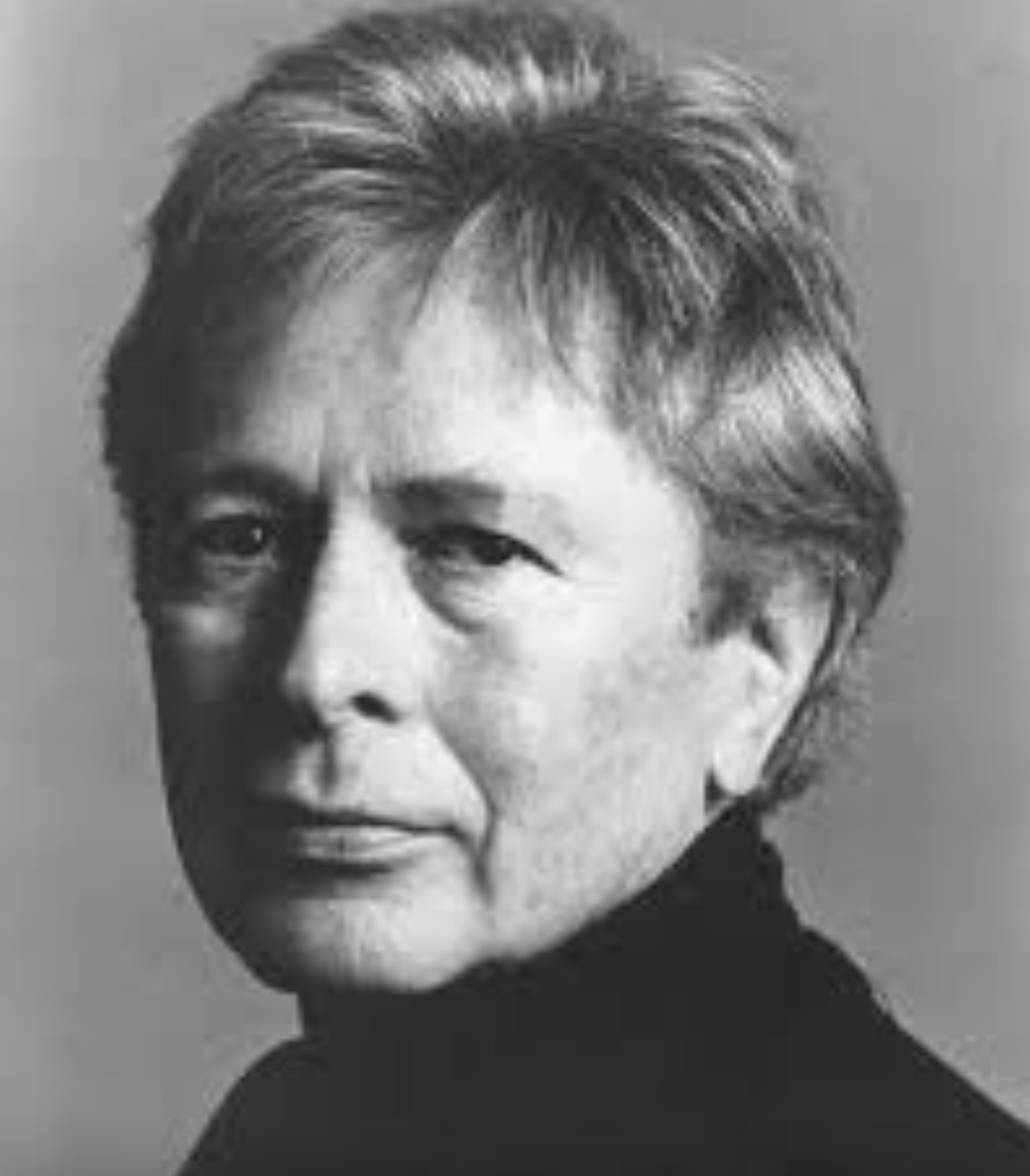Johnny Magnus Bio

Johnny Magnus
MAGNUS, Johnny: KGFJ, 1957-63; KMPC, 1963-73; KAGB, 1973-75; KRLA, 1975-76; KGIL, 1976; KBRT, 1980; KIQQ, 1981; KPRZ, 1981-84; KMPC, 1984-94; KJQY, 1994-95; KLAC, 1999-2001; KKJZ, 2014-20. He joined KKJZ in mid-February 2014. Johnny started at KGFJ while it was still MOR, moving to KMPC in 1963 as, he said, a "professor of sorts, delivering lessons in popular music." He coined the traveling forecast bit, "weather with a beat" done to a background tune. “I used a rhythm track with Harry James, and it clicked right away. Then Neil Hefti and Count Basie created this form called 'Cute,' which left some holes in it for me to give the weather. I now have different versions." In 1963, Quincy Jones wrote a song about Johnny, called Nasty Magnus, which showed up on Count Basie's album Little Ol Groove Maker-Basie. The LA Times called Johnny the "Prince of Darkness," a title originally given to him by Gary Owens, and that eventually proved to be prescient. He wanted desperately to work days. Johnny said, "I got so tired of getting up from the dinner table and going to work. I wanted more out of life than that. I wanted to be able to go out with a girl at night. In all those years, I never saw a prime time tv show." In Billboard's 1966, 1967 and 1968 Radio Response Ratings Johnny was voted #1 Pop LP disc jockey. He also scored in the Jazz category as 2nd most influential. In 1974, Johnny left KMPC for KAGB, playing an eclectic mix of jazz, r&b and MOR music. In 1975, he was a tv guest host on KTLA/Channel 5’s locally produced Calendar show. He went to KDWN-Las Vegas in 1978, staying for two years and returning for Bonneville's brief experiment with contemporary Christian music at KBRT. He was a West Coast announcer for ABC/TV. Johnny became part of Music of Your Life Radio Network. He is also an actor known for The Electric Horseman (1979), Cactus in the Snow (1971) and Batman (1966).
|